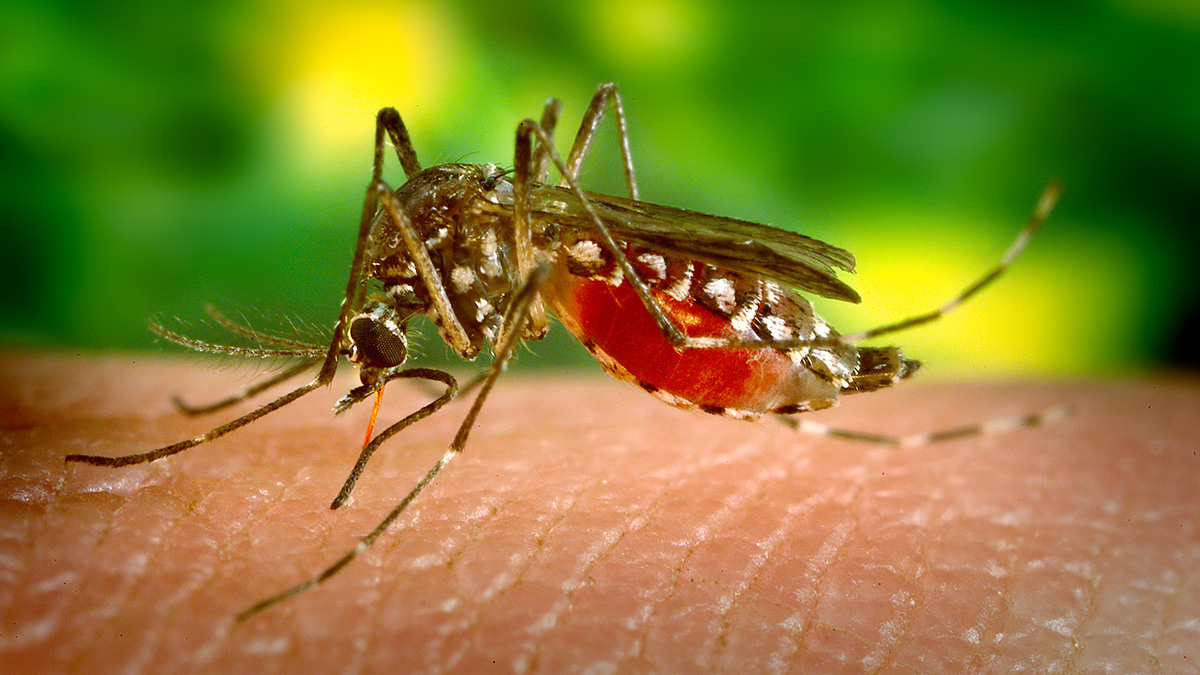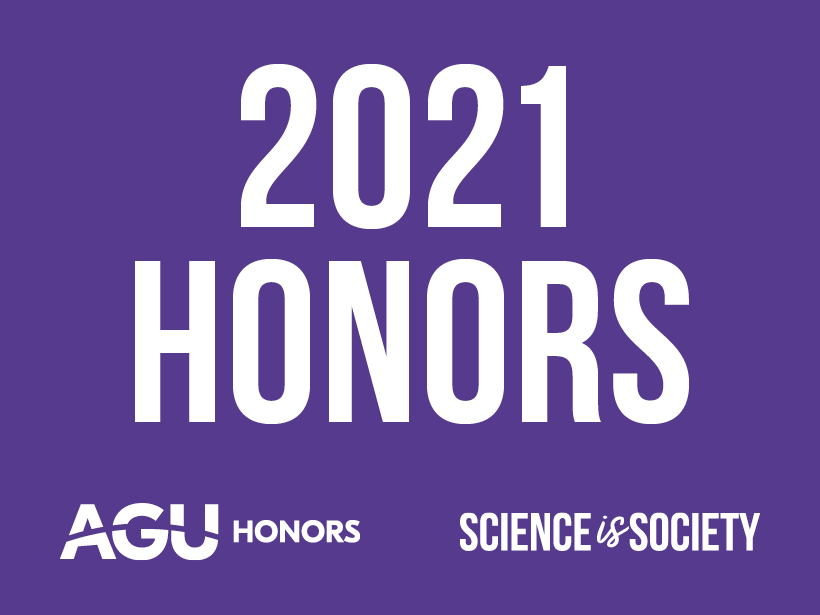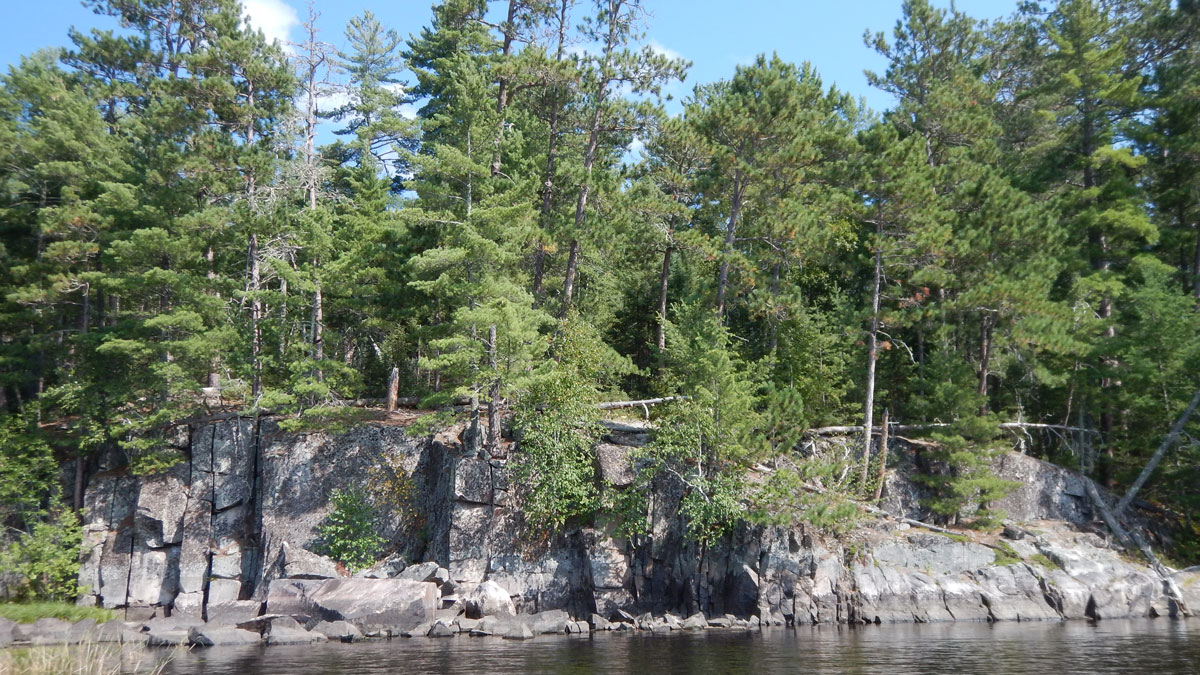Native American tribal communities are actively engaged in adapting to climate change. What information and data will help them build resilience to the new normal?
Education & Careers
Water Wisdom: The Indigenous Scientists Walking in Two Worlds
Meet the international researchers who draw on both academic training and cultural experience to help Indigenous communities protect water, restore ecosystems, and sustain traditional resources.
The Benefits of Better Ocean Weather Forecasting
Improvements in our ability to forecast oceanic conditions weeks to months in advance will help communities, industries, and other groups prepare amid a changing climate.
App Tracks Harmful Mosquitos with Help from Crowdsourced Science
While collecting data using an app, volunteers have the chance to support research and fight mosquito populations on the ground.
Reframing Funding Strategies to Build Reciprocity
Extractive and exploitive practices erode trust in Western science among Indigenous communities. Changing funding structures is one way to develop reciprocity and respect and repair relationships.
Remote Work May Be Keeping Some Cities’ Air Cleaner
Widespread remote work may have kept air pollution lower than pre-COVID-19 lockdown levels even though restrictions were lifted in 2020, a new study finds.
Training the Next Generation of Physical Data Scientists
Preparing a diverse new generation of scientists who can use artificial intelligence and data science to better understand and predict geoscience phenomena requires revamped training.
2021 Class of AGU Fellows Announced
Fifty-nine individuals have been elected to the 2021 Class of Fellows.
Australia’s Unfolding Geoscience Malady
Brutal university cuts are putting at risk an industry crucial to addressing climate change Down Under and around the world. Saving geoscience will require a community reckoning.
Recognizing Geology’s Colonial History for Better Policy Today
The Minnesota Geological Survey has contributed to the dispossession of homelands from Indigenous Peoples. The agency is creating more just policies.










